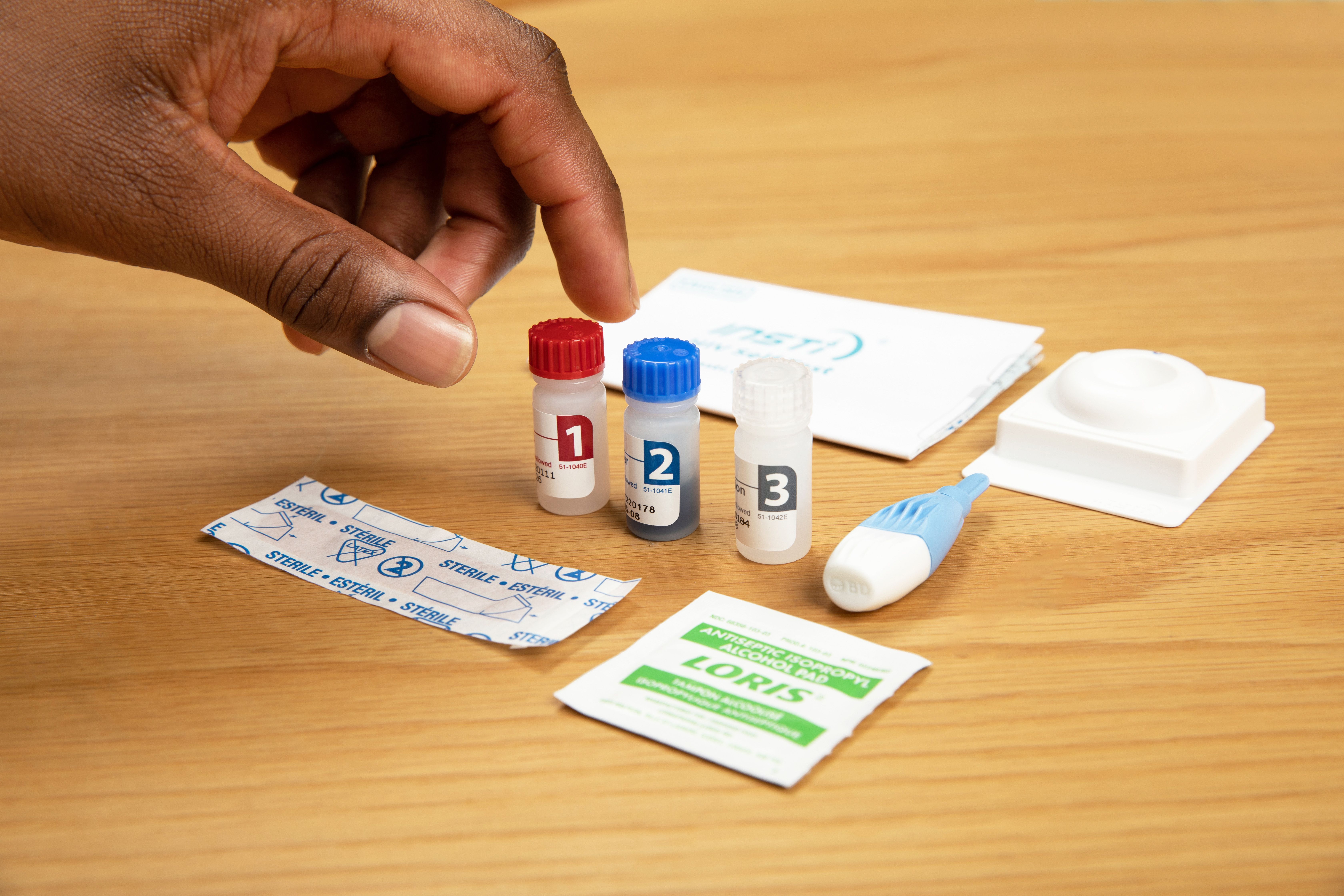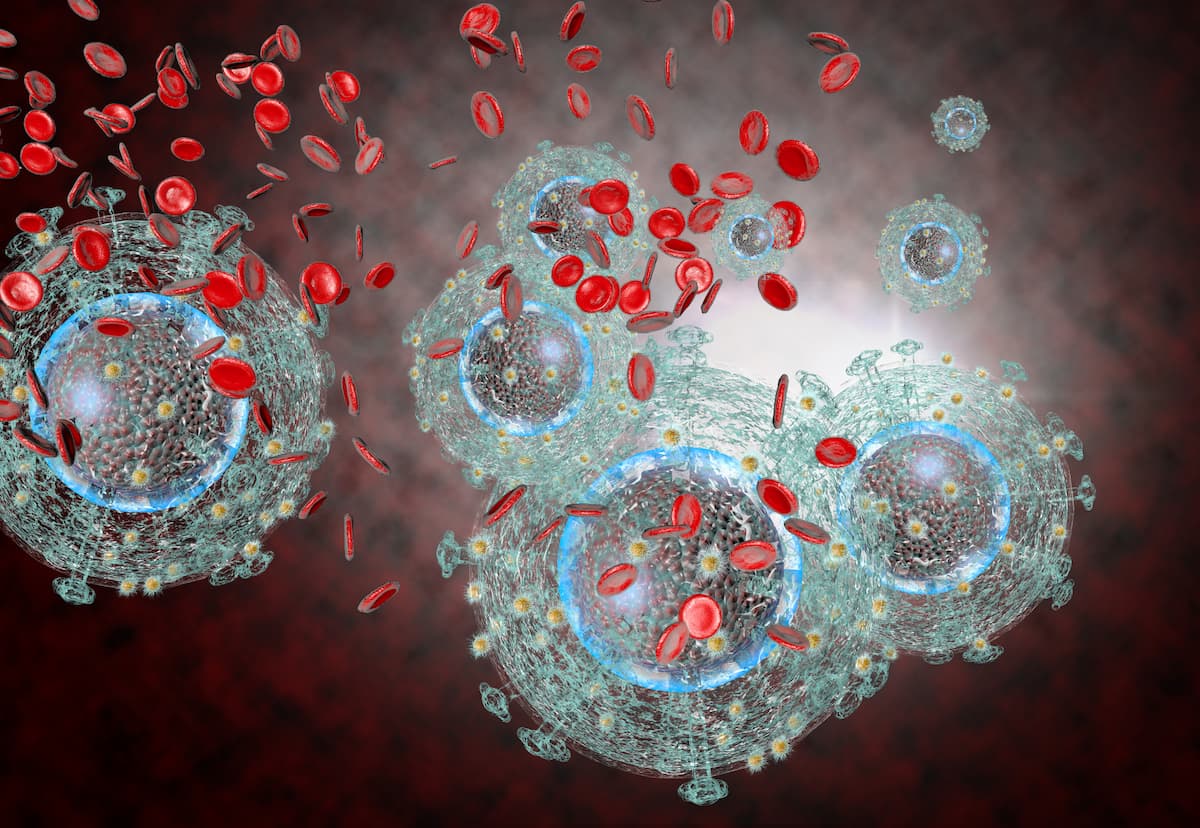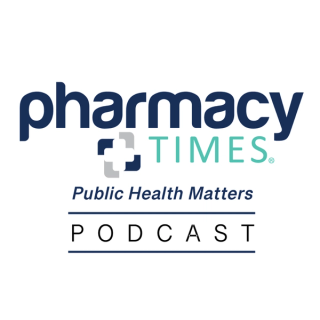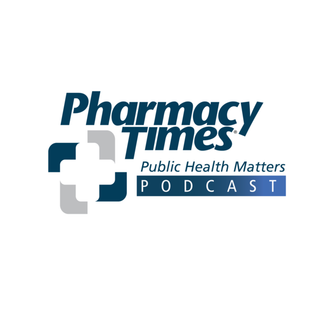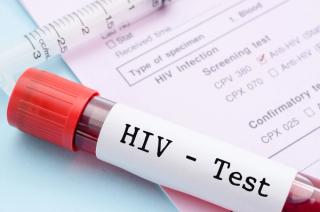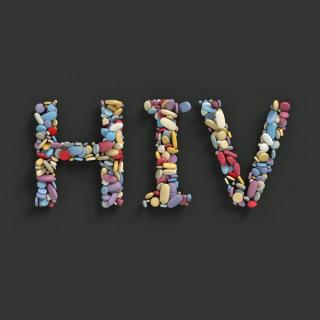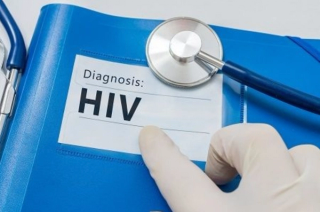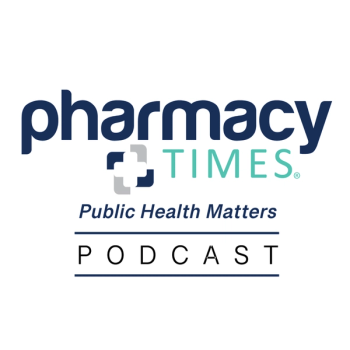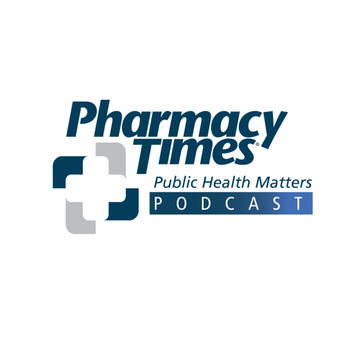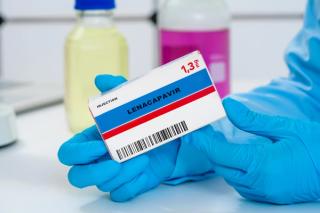
HIV
Latest News

Latest Videos
Podcasts
CME Content
More News

Experts discuss HIV management challenges, including HBV coinfections, anal cancer risks, and weight gain, highlighting innovative treatment strategies.


Challenges faced by individuals living with HIV include weight gain, cardiovascular risks, and healthy aging strategies.

Pharmacists play a vital role in translating global health news into actionable knowledge for their communities.

Lenacapavir becomes the first and only twice-yearly option for HIV prevention.


Pharmacy students must have a comprehensive understanding of antiretrovirals to ensure efficiency and optimization of patients’ medical treatment.

The risk of developing HZ in this population is 10 to 30 times higher than in the general population.

As HIV treatment and prevention evolve, the use of long-acting injectables and their role in combating the HIV epidemic grows.

Results highlight promising advancements in novel treatments for patients with HIV-1, including a combination regimen with broadly neutralizing antibodies and long-term data on bictegravir, emtricitabine, and tenofovir alafenamide (Biktarvy).
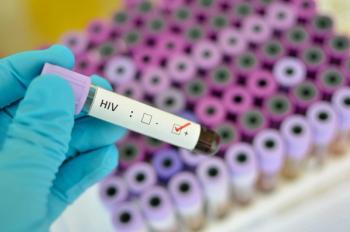
Data from conference abstracts and presentations indicate that both preexposure prophylaxis methods continue to demonstrate efficacy.

Building on a previous report that revealed corrupt business practices among the big 3 PBMs, a second interim report finds that PBMs heightened prices for important specialty generic drugs to increase their profit margins.

Pharmacists' accessibility and expertise in medication management make them ideal health care providers to discuss prevention strategies, medication adherence, and potential adverse effects.
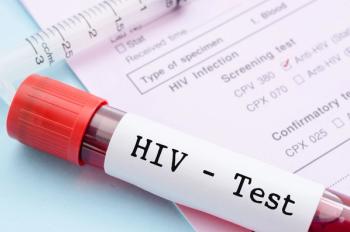
Pharmacy students can provide education, patient advocacy, and medication access.
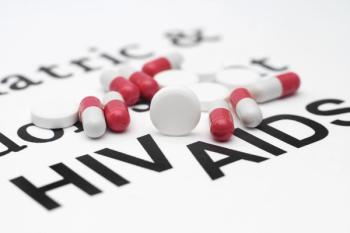
Adding HIV/AIDS to core chronic diseases is a key change.

OraQuick was the first at-home HIV test kit to be approved by the FDA in 2012.

Pharmacists can bridge gaps through education, inclusive care, and streamlined access.

Islatravir in combination with lenacapavir could become the first weekly oral HIV treatment.

Cabotegravir long-acting when used for HIV pre-exposure prophylaxis (PrEP) showed adherence, effectiveness, and improvements in quality of life by those who received the injection.

Pharmacists should be aware of workplace hazards involving sharps and, if necessary, initiate oPEP.
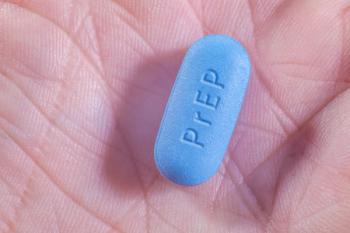
The study findings signal the need for improved equality in PrEP prescribing across various institutions and settings.

These results build off the PURPOSE 1 trial, contributing to the wealth of evidence surrounding lenacapavir’s positive effects in patients with HIV.

Medication therapy management reimbursement can be a driving factor to work toward statin implementation in this patient group.

Cholesterol-lowering agents, like statins, reduced the risk of major adverse cardiovascular events and cardiovascular disease in patients with HIV.
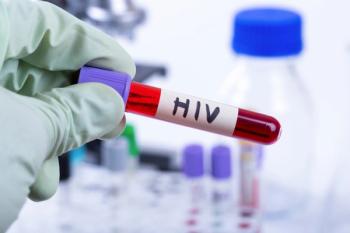
Dolutegravir/lamivudine was non-inferior to bictegravir/emtricitabine/tenofovir alafenamide fumarate, meeting the study’s primary end point.



